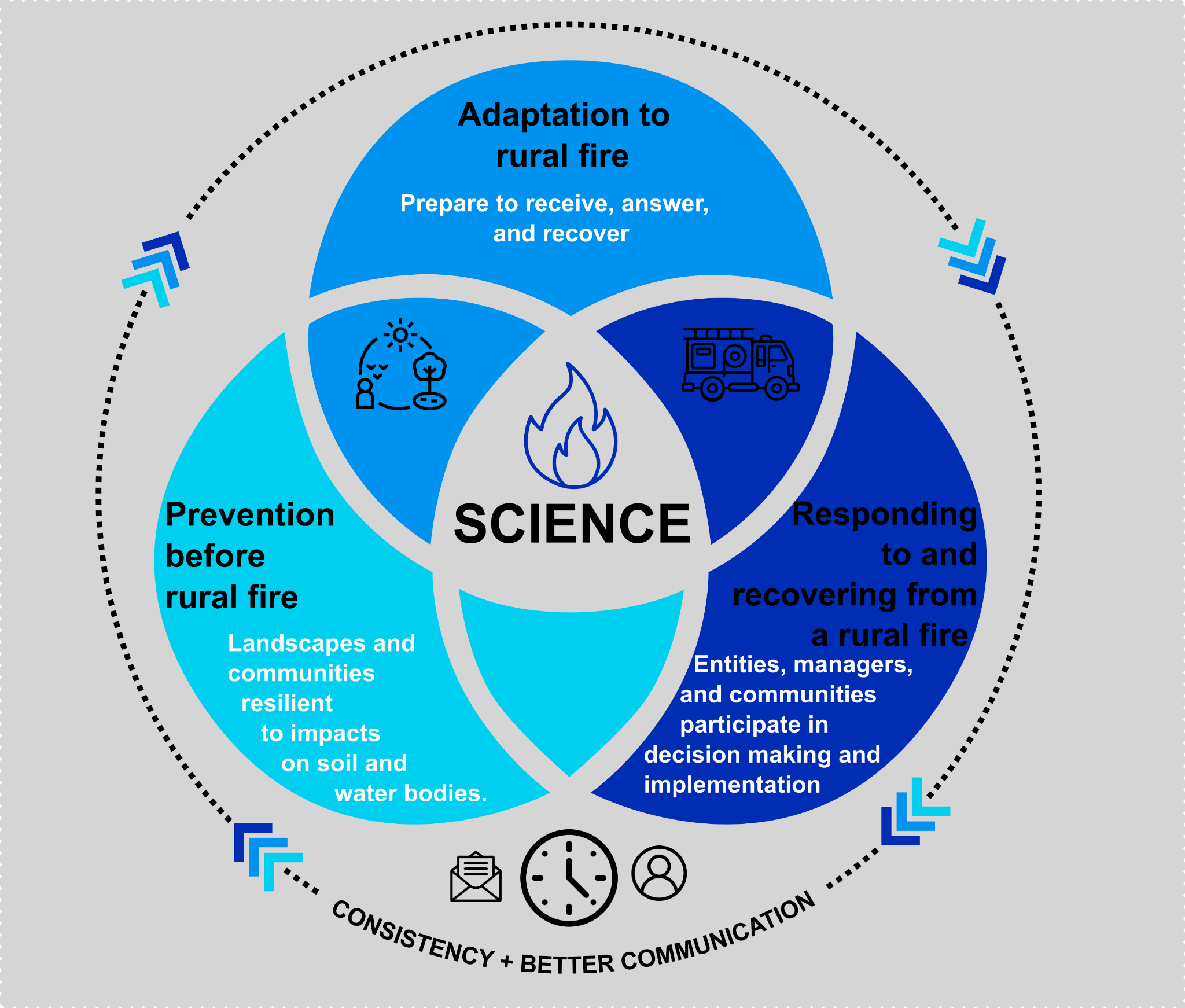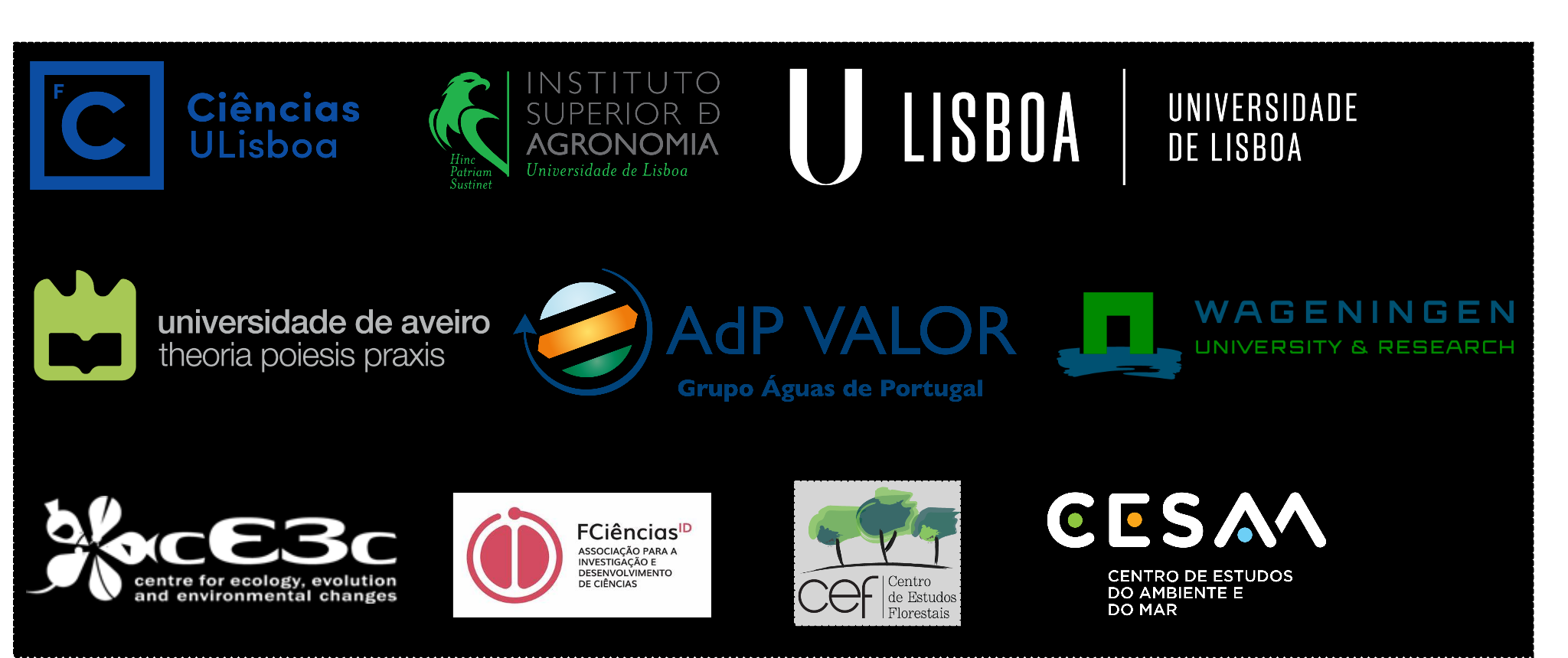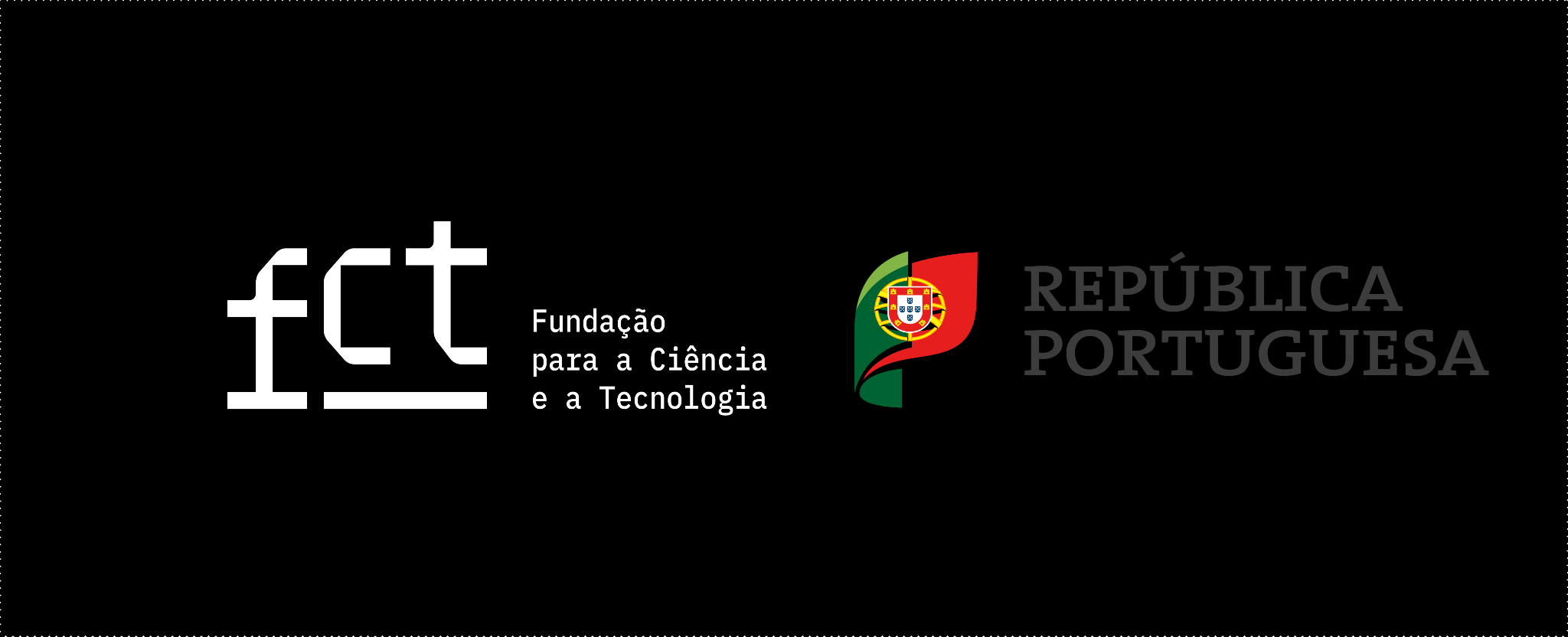PROJECT
Land abandonment in the Mediterranean has resulted in widespread afforestation and more frequent and severe wildfires. These events can contaminate streams with fine sediments, nutrients, and ashes, which can have a negative impact on aquatic ecosystems and water supplies. Recent developments in the understanding of fire behavior and post-fire landscapes can provide more information for the assessment and management of post-fire contamination risks.
The main objective of project FRISCO was to use these developments to answer the overall research question:
How vulnerable are Mediterranean streams and water resources to contamination by wildfires?

FRISCO developed the information and tools needed to address its research question through five different tasks:
TASK 1 (T1) characterized fire impacts on vegetation and soils in mainland Portugal in the last 20 years, by combining satellite imagery and field data;
TASK 2 (T2) used T1 information and combine it with new developments in connectivity theory and modelling, to characterize the impacts of these fires on contaminant mobilization and transport to streams for key water supply sources in Portugal;
TASK 3 (T3) performed in coordination with water managers, used historical water quality data to identify post-fire contamination episodes in these key water supply sources in the last 20 years, and assess the main drivers;
TASK 4 (T4) developed a post-fire water contamination risk index, based on a statistical analysis of information on the fire impacts on vegetation and soils (T1), contamination mobilization and transport (T2), and occurrence of contamination episodes (T3). It was co-developed with water managers. This information was used to build an online tool, that can be applied with information readily available after the occurrence of fires for a fast risk assessment;
TASK 5 (T5) integrated a sediment/ash mobilization algorithm into a stochastic fire occurrence model, applied to 2 study areas in Portugal representing key water supply sources. This model was used to compare mitigation solutions: pre-fire forest management and emergency hillslope stabilization. The results of this task and of the project were summarized in a practical handbook on best practices for post-fire contamination management, which is available online.
Project FRISCO advanced the state of the art on the relations between fire, vegetation, soils and water; helped understand and assess fire impacts on the provision of hydrological services by forests; and provided new tools and information to help water managers address these impacts.


This work was funded by the Portuguese Foundation for Science and Technology under the project FRISCO: managing risks of fire-induced contamination of water quality (reference PCIF/MPG/0044/2018).